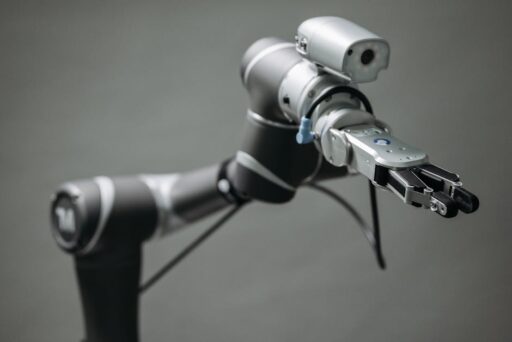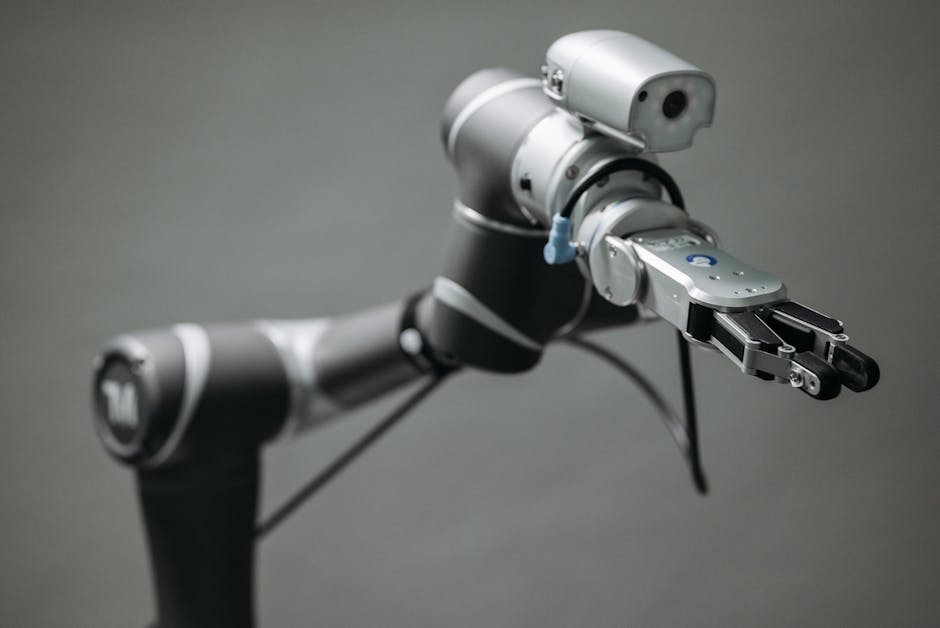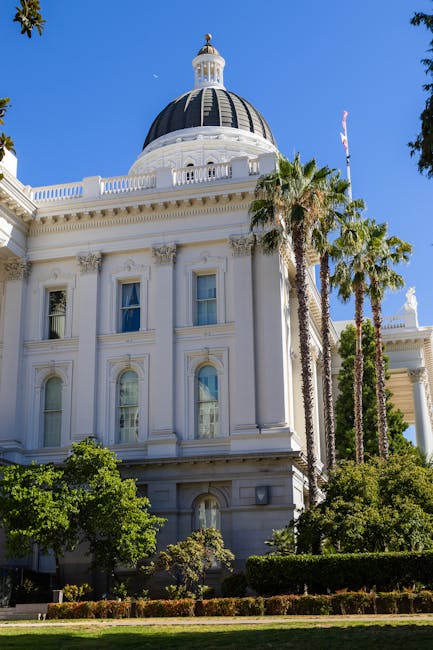In an era where technology continually reshapes our creative possibilities, the intersection of artificial intelligence and classic cinema offers both exciting opportunities and profound ethical questions. A groundbreaking initiative by the AI-focused startup Fable exemplifies this intersection, as the company embarks on a mission to digitally reconstruct lost sequences from Orson Welles’ iconic film, ‘The Magnificent Ambersons.’
Fable, self-described as the ‘Netflix of AI,’ has developed a platform enabling users to craft animations through AI-generated prompts. Their new AI model promises to produce long, intricate narratives, and filmmaker Brian Rose is set to leverage this technology in a bold attempt to recreate the missing 43 minutes of Welles’ 1942 masterpiece. This endeavor, however, raises eyebrows due to Fable’s lack of rights to the original film and the absence of collaboration with Welles’ estate.
While the ambition to restore Welles’ original vision is commendable, it highlights a critical discourse on the authenticity and integrity of using AI in such reconstructions. Can a digital recreation capture the genius and intent of the original creator? Or does it merely serve as a homage, a speculative exercise in what might have been?
Interestingly, David Reeder, representing Welles’ estate, acknowledges the potential of AI, as evidenced by their own work on a voice model for brand collaborations. Yet, he critiques Fable’s project as lacking the unique creative spark that defined Welles’ work. He argues that without the estate’s involvement, the effort may be seen as an opportunistic venture rather than a legitimate tribute.
Despite these challenges, the initiative illustrates a genuine desire to honor Welles’ vision. Rose, for instance, laments the loss of a legendary unbroken camera shot, a casualty of the studio’s post-production cuts. While AI might stitch together a technically impressive replica, the resulting film will irrevocably differ from the version that Welles envisioned.
This project underscores a broader conversation about the role of AI in creative fields. As technology advances, the potential to revive and reinterpret lost or incomplete works grows. Yet, creators, audiences, and rights holders must navigate this landscape thoughtfully, balancing innovation with respect for artistic legacy.
Ultimately, while AI can offer a glimpse into what was lost, it cannot replace the original magic. It is a tool that, when used with care and respect, can complement the human imagination and preserve the spirit of classic cinema for future generations.





